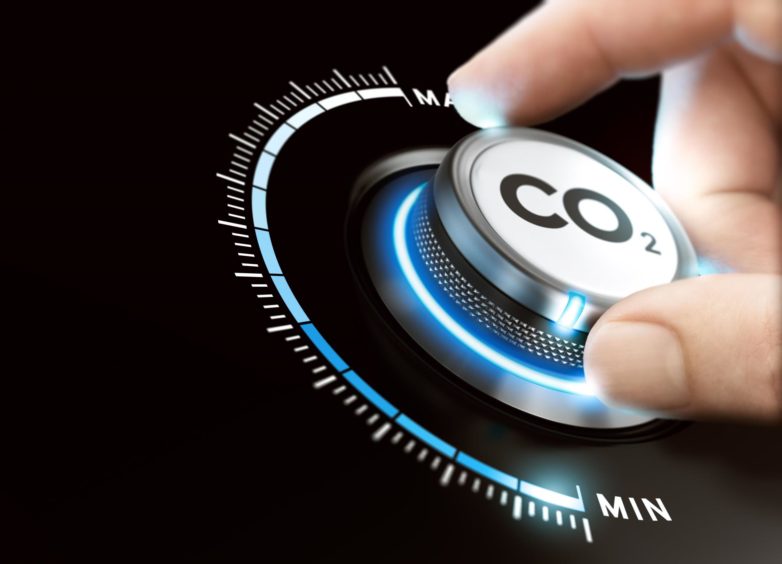
Petronas and Japan Petroleum Exploration (JAPEX) will collaborate on carbon capture and storage (CCS) opportunities in Malaysia as the nation aims to become a CCS hub for Southeast Asia. As part of a separate agreement, Petronas is also exploring and studying CCS solutions with Shell (LSE:RDSA).
Under a memorandum of understanding (MoU), signed late January, Petronas and JAPEX will perform technical maturation activities to unlock potential CCS solutions, which includes evaluating optimal capture, storage, and transportation methods, as well as estimation of emissions, capture volumes and monitoring methods of carbon dioxide (CO2) stored underground. This joint study will cover consideration of methods to capture and transport CO2 from the Petronas liquefied natural gas (LNG) complex in Bintulu and from outside Malaysia as a future possibility.
“We look forward to our partnership with JAPEX to position Malaysia as a leading CCS solutions hub in the region. This collaboration allows Petronas to leverage JAPEX’s experience in the Tomakomai CCS Demonstration Project, Japan’s first full-chain CCS project, conducted by Japan CCS Co., Ltd. We are confident that it will bring about valuable contributions in the Technical Maturation Study to unlock CCS potential in the country,” said chief executive officer of upstream at Petronas, Adif Zulkifli.
CCS is a combination of existing technologies that capture and store CO2 deep underground, so it is not emitted into the atmosphere. CO2 is separated from the gases produced by industrial processes such as steel and cement production or from the burning of fossil fuels, transported to locations where it can be stored in geological repositories deep underground, in turn, reducing emissions into the atmosphere.
Shell and Petronas
Earlier in January, Petronas also signed a joint study and collaboration agreement (JSCA) with Shell to explore opportunities and project collaborations in CCS to help provide CO2 storage solutions in Malaysia and the region.
Under the JSCA, Petronas and Shell will perform an integrated CCS Area Development Plan study to support the decarbonisation ambitions of both parties within selected locations offshore Sarawak. The scope of the agreement includes exploring the provision of decarbonisation service to Shell’s local and cross-border facilities, as well as to other potential regional customers. The outcome of the study will produce options in potential areas for further collaboration.
“This collaboration underscores Petronas’ continuous efforts to explore partnership opportunities in CCS. We will continue this trajectory to unlock opportunities which could potentially help reduce emissions and achieve our net zero carbon emissions aspirations. This is one of the many efforts to position and establish Malaysia as a leading CCS solutions hub in the region,” said Adif.
Last November, Petronas signed an MoU with ExxonMobil to explore opportunities in CCS technologies to support the decarbonisation of Malaysia’s upstream industry as well as to provide CO2 storage solutions for the region.
In December, an MoU was signed with POSCO International Corporation and POSCO Engineering & Construction Co. Ltd to assess for opportunities to unlock CCS potential and identify suitable technology within the scope of carbon capture, transportation of CO2 and storage for potential application.
Petronas said it is taking deliberate steps to build a resilient and sustainable portfolio to support the transition towards lower carbon energy sources. Petronas is also pursuing more zero continuous flaring and venting of hydrocarbons to reduce emissions aligned with its aspiration to achieve Net Zero Carbon Emissions by 2050.
Petronas aims to cap its greenhouse gas emissions at 49.5 million tonnes of CO2 equivalent by 2024 and expand investments in renewable energy to meet higher sustainability goals in future.
Recommended for you

